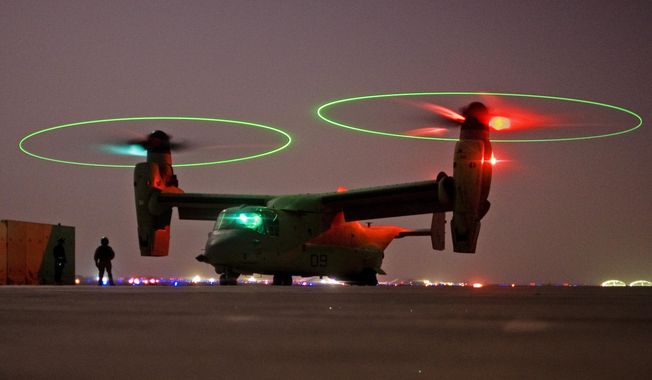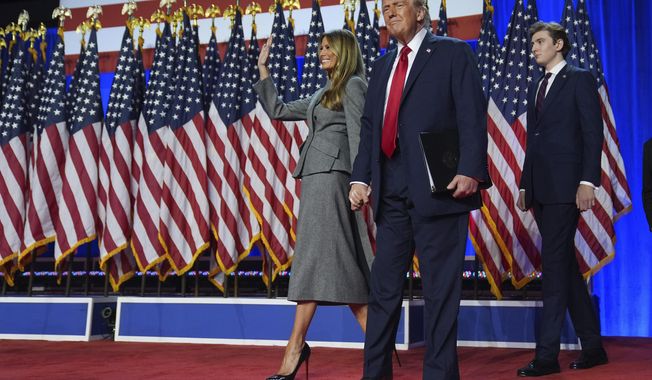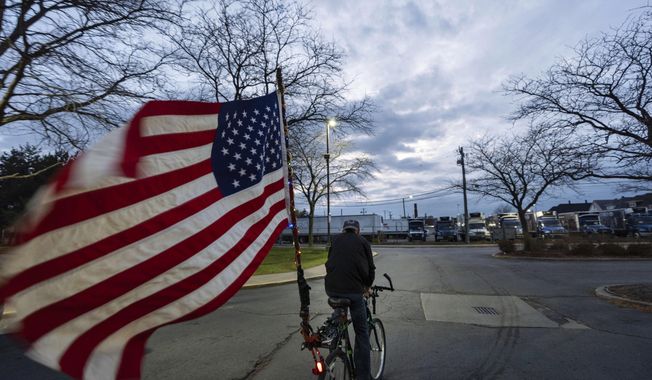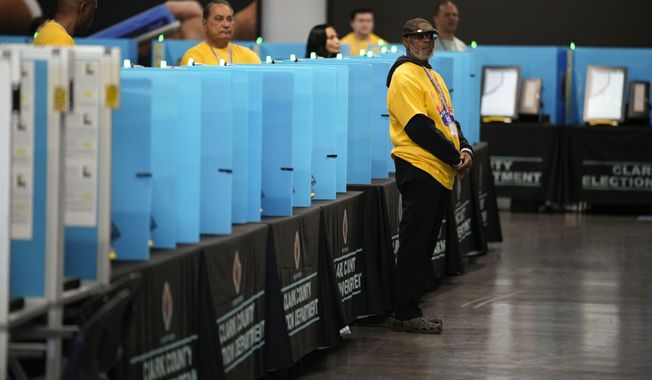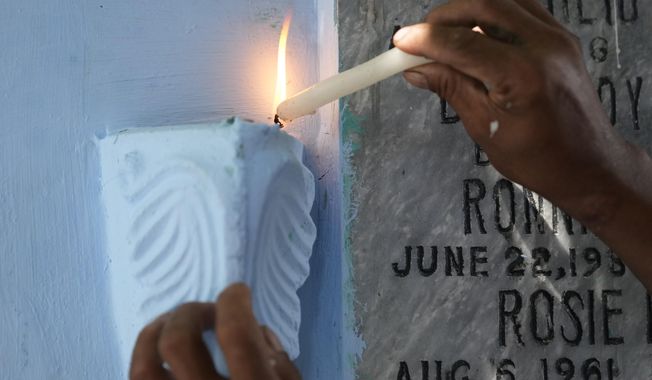
Tourists ride classic convertible cars on the Malecon beside the United States Embassy in Havana, Cuba, Oct. 3, 2017. U.S. intelligence agencies cannot link a foreign adversary to any of the incidents associated with so-called “Havana syndrome,” the hundreds of cases of brain injuries and other symptoms reported by American personnel around the world. The findings released Wednesday by American intelligence officials cast doubt on the longstanding suspicions by many people who reported cases that Russia or another country may have been running a global campaign to harass or attack Americans using some form of directed energy. (AP Photo/Desmond Boylan, File)
Featured Photo Galleries
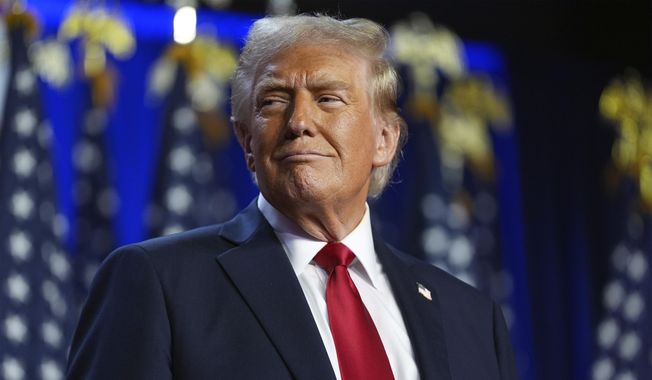
Trump Transition: Here are the people Trump has picked for key positions so far
President-elect Donald Trump has announced a flurry of picks for his incoming administration. Get full coverage of the Trump transition from The Washingon Times.
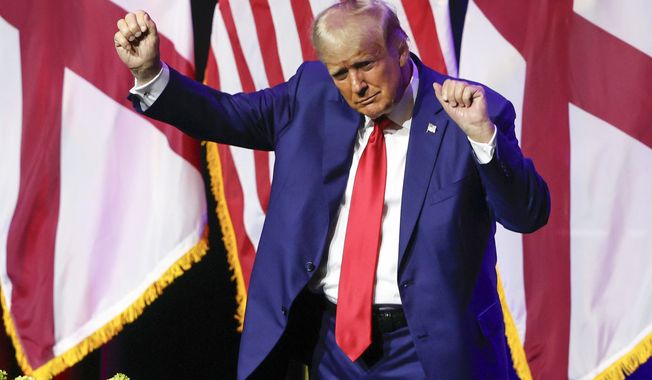
Trump dances onstage, takes post-election nation by storm
President-elect Trump dances onstage
